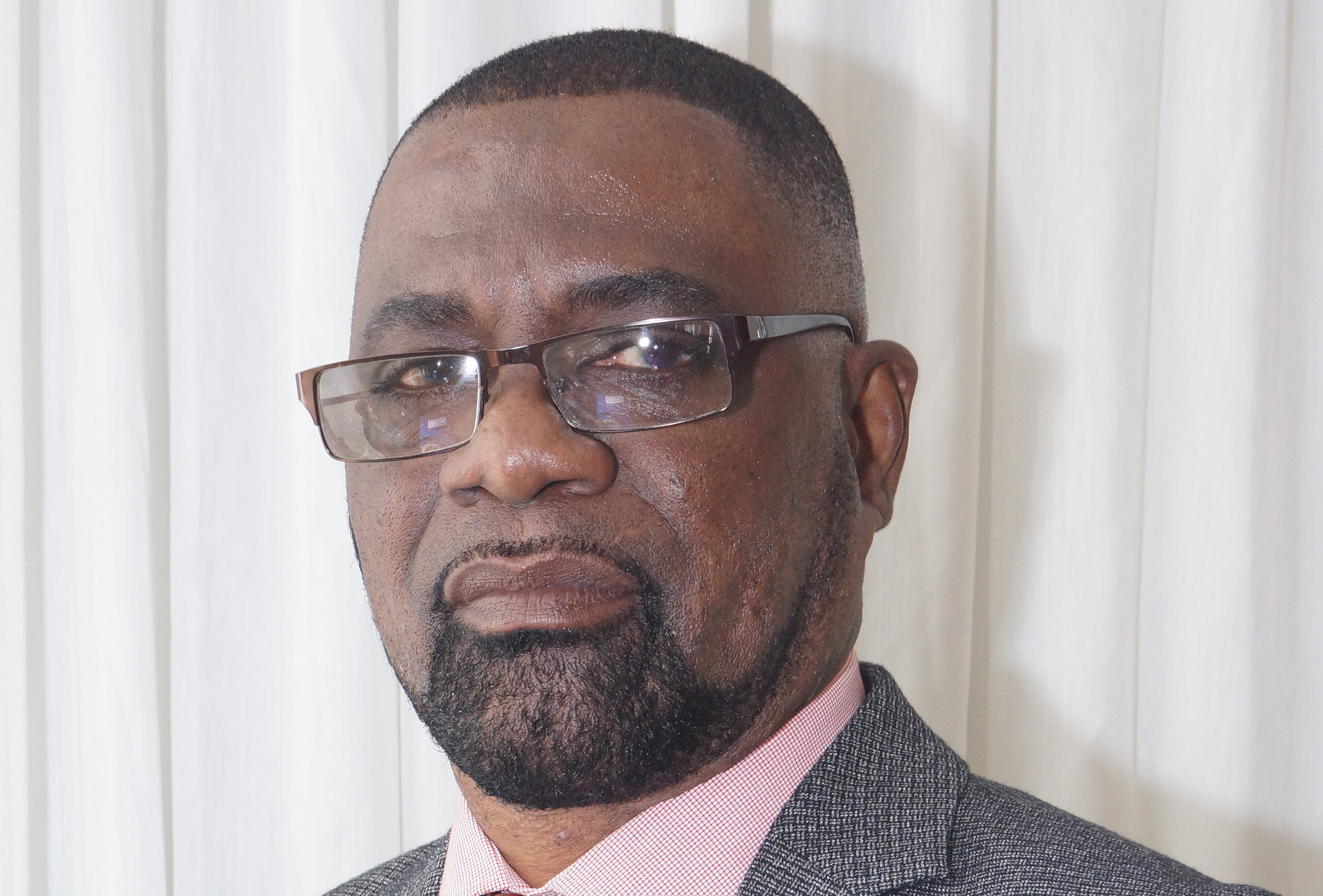
Speech by Director of PANCAP – Launch of Redesigned PANCAP WebsiteCARICOM Secretariat, Georgetown Guyana
Honourable Nicolette Henry, Minister of Education, Culture, Youth and Sport, and Chair of the PANCAP Regional Coordinating Mechanism, Ambassador Manorma Soeknandan, Deputy Secretary-General, CARICOM, Mr. Mark Oviatt, Principal Officer, USAID, Guyana and Suriname, Ms Sara Mazursky, Deputy Director, Knowledge for Health Project John Hopkins Bloomberg School of Public Health, Centre for Communication Programmes, Dr Shanti Singh-Anthony, Knowledge Coordinator, PANCAP K4H Project, colleagues of the CARICOM Secretariat, special invitees, viewers, members of the Partnership, members of the media, I extend a warm welcome to you all.
I wish to thank the Government and People of the United States of America and their agencies PEPFAR and USAID for providing the resources for the redesign of our PANCAP website. Thanks is also extended to their Implementing partner John Hopkins University for the ongoing technical assistance to the PANCAP Knowledge for Health Project, of which the redesigned website is a regional public good.
This very generous support from the Government and People of the United States has brought PANCAP’s website into the Twenty First Century and, will enable this medium to function as a ‘one stop shop’ for users seeking up to date information on the regional and global HIV response.
We could not have taken this quantum leap without the technical expertise of the Consultant, Ms Romona Khan who worked diligently with Mr Timothy Austin, Communications Specialist and Dr Shanti Singh-Anthony, Knowledge Coordinator to improve the functionality and interactive features that will enable us to intensify the level of knowledge sharing, capacity building and networking among the PANCAP partners including civil society organisations, National AIDS Programme Managers, clinicians, technical experts in HIV, key populations (and youth within key populations), faith leaders, parliamentarians and regional and development partners.
I wish to thank our partners for providing us with feedback on your information needs. We have listened and acknowledged that you require a more dynamic, knowledge-driven website that offers educational tools to equip users with new knowledge on how to deal with the disease within the changing global and regional HIV landscape. We have also improved the overall functionality so that users can easily navigate the site and receive a wealth of data and information on topics in Dutch, English, French and Spanish.
The new site will feature a highly interactive home page that offers users all the key PANCAP digital tools including instructional toolkits, most recent updates, newly posted documents and a social feed, which highlights posts from PANCAP’s social media platforms including Facebook and Twitter. A document library, PANCAP Voices Podcast, Video and Image Galleries, infographics, data and fact sheets and original PANCAP webinars will also be featured on the new website.
The Document Library has added functionality as PANCAP members and partners will be provided with access to upload their original case studies, best practices, policy and strategy documents and other publications for dissemination to the entire Partnership.
We trust that our efforts will also improve capacity building and knowledge management within the Partnership. Please help us to help you by generating and sharing content.
Thank you.
WHAT IS PANCAP?
PANCAP is a Caribbean regional partnership of governments, regional civil society organisations, regional institutions and organisations, bilateral and multilateral agencies and contributing donor partners established on 14 February 2001. PANCAP provides a structured and unified approach to the Caribbean’s response to the HIV epidemic, and coordinates the response through the Caribbean Regional Strategic Framework on HIV and AIDS to maximise efficient use of resources and increase impact, mobilise resources and build the capacity of partners.
What are the Global AIDS Strategy 2021–2026 targets and commitments?
If targets and commitments in the strategy are achieved:
- The number of people who newly acquire HIV will decrease from 1.7 million in 2019 to less than 370 000 by 2025
- The number of people dying from AIDS-related illnesses will decrease from 690 000 in 2019 to less than 250 000 in 2025.
- The goal of eliminating new HIV infections among children will see the number of new HIV infections drop from 150,000 in 2019 to less than 22,000 in 2025.
What are the 95-95-95 Targets for ending AIDS?
- 95% of People Living with HIV know their HIV status;
- 95% of people who know their status on treatment; and
- 95% of people on treatment with suppressed viral loads.
HELPFUL LINKS:
Global AIDS Strategy 2021–2026, End Inequalities, End AIDS
https://pancap.org/pancap-documents/global-aids-strategy-2021-2026-end-inequalities-end-aids/
Caribbean Regional Strategic Framework on HIV and AIDS (CRSF) 2019-2025
https://pancap.org/pancap-documents/caribbean-regional-strategic-framework-2019-2025/
